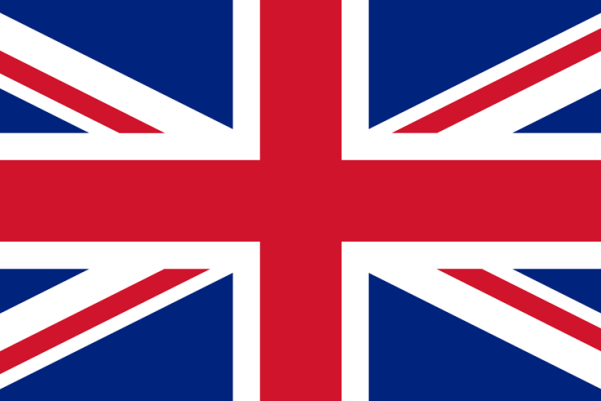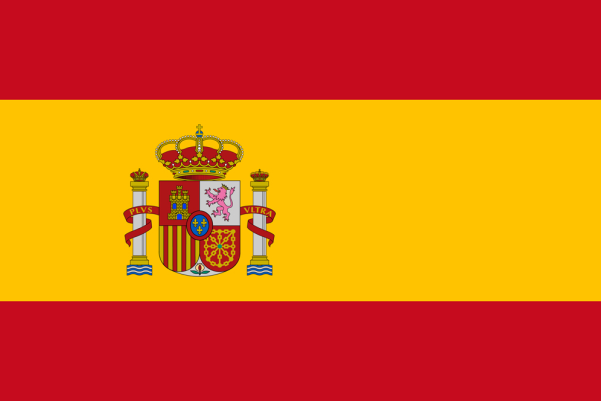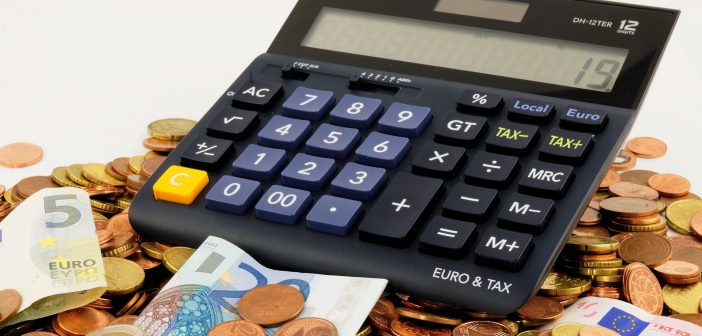It’s a subject relevant to people of all ages, as personal finance is a critical concern for anyone wanting to lead a healthy and balanced life. If you long for success in this area, rest assured that it’s not that difficult. All you have to do is have the dedication and persistence to establish new financial practices and become more conscious and focused on the future when dealing with money.
Take a look at our top personal finance tips:
- HAVE A SYSTEM TO CONTROL YOUR PERSONAL FINANCE
Controlling expenditure and knowing exactly where your money is going is critical and a key step in keeping your personal finances in order. There are several tools readily available to help you achieve this. The most common is to use an expenses spread sheet.
An Excel template can help you log incomings and outgoings, under respective categories. Although straightforward and accessible, this model of control is dependent on constant updates and inputs, so that no expense is left out.
There are several free applications that can help you control your monthly finances.
- USE ONE OF THE BEST TIPS FOR PERSONAL FINANCE
The 50-15-35 rule suggests that income should be aligned with your spending targets. You should spend 50% of your income on essential expenses, such as rent, mortgage, bills, school fees, health insurance, etc.
15% should be directed towards your financial priorities. Should you have any debts, this proportion of your income is intended to pay off them. If you’re debt-free, put this 15% in a savings fund, or some other financial instrument.
The remaining 35% should be used to maintain your lifestyle: travel, gym, personal care, etc.
- RENEGOTIATE YOUR DEBTS BEFORE SAVING
This should be your first financial priority. Before you start saving, it is important to know how much you owe and to approach your creditors with a view to renegotiating the payment. Always remember to agree to a payment plan that you can effectively meet. Here, in England, there are several resources that can help, which even allow you to freeze the interest.
- CREATE AN EMERGENCY RESERVE
Everyone, at some point in their lives, experiences a financial emergency: car trouble, medical bills, unforeseen school supplies… To deal with these unexpected costs, without breaking the bank, have an emergency fund. Put aside a little every month until you reach the equivalent of three to six months’ income.
- PAY THE CREDIT CARD
There is no denying that credit cards can often be handy. However, some people are unable to deal with plastic money. Result: they lose control of their expenses and destroy the budget. For the sake of your personal finances, put the credit card away and pay on debit. As well as being able to negotiate extra discounts from time to time, you know that the money that is coming out of your account.

















